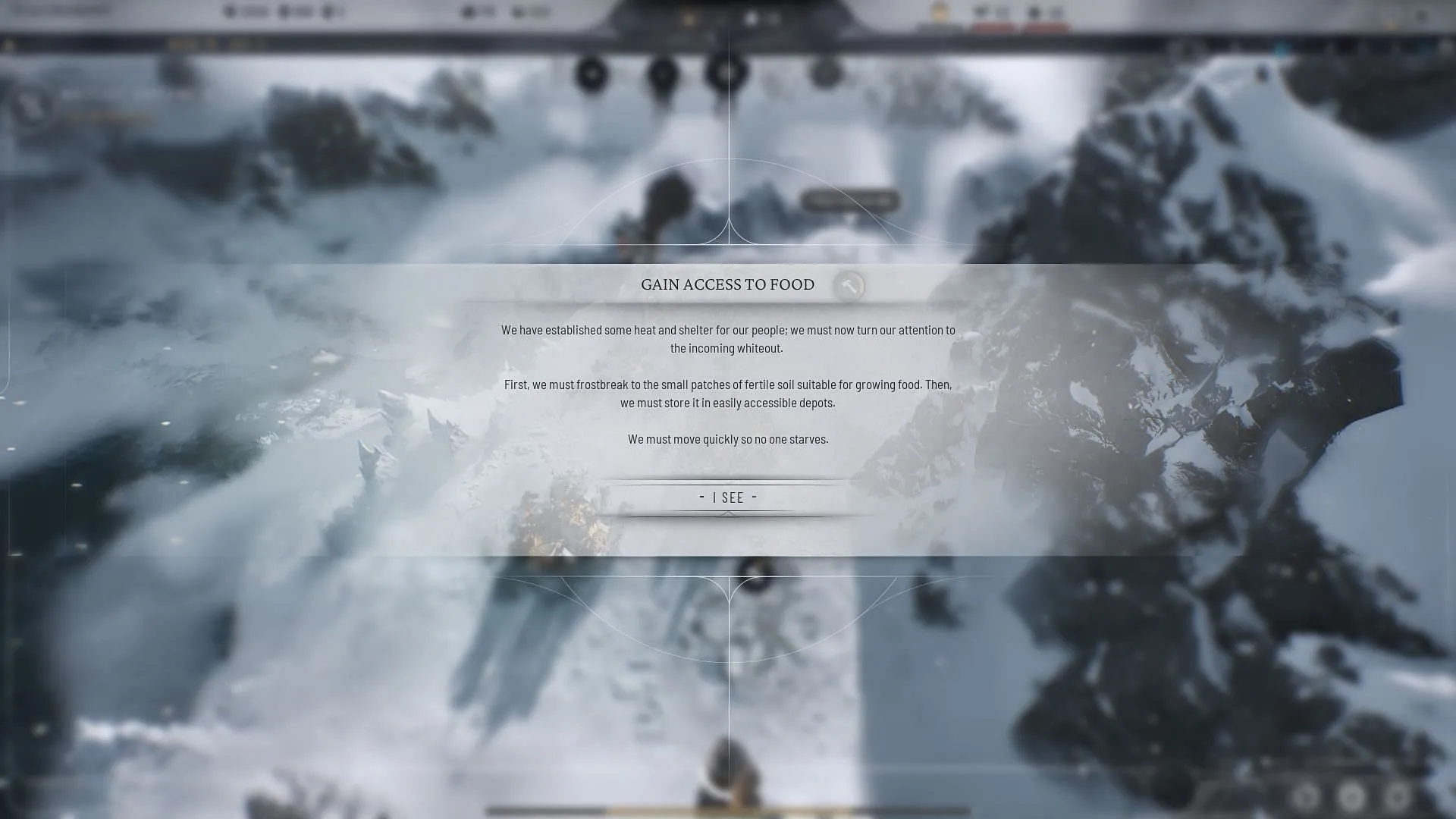
Determining the optimal Laws to implement first in Frostpunk 2 is a common challenge, as this post-apocalyptic game presents a vast array of options. Laws play a critical role in maintaining order and shaping the future of your City in the Frostlands. It’s vital to choose wisely, as some Laws can significantly impact the survival of your civilization.
Here are the most effective Laws to enact first in Frostpunk 2.
Top Laws to Enact First in Frostpunk 2
Paid Essentials Law

A highly strategic Law to consider first in Frostpunk 2 is the Paid Essentials Law, found under City Laws in the Welfare and Basic Necessities category. While this decision may lower your Trust level among citizens, it significantly enhances your Production Efficiency and increases your weekly Heatstamp earnings.
This financial surplus is crucial during the early game when fulfilling your City’s Goods demands becomes challenging and penalties on income arise. Implementing this Law alleviates those penalties and smooths out your initial struggles. Once your financial situation improves, you can transition back to Free Essentials to boost Trust and win favor with your residents.
All Do Maintenance / Unproductive Do Maintenance

All Do Maintenance and Unproductive Do Maintenance are two of the best Laws to consider first in Frostpunk 2 if you’re grappling with Squalor issues or need an efficiency boost for upcoming challenges like the Whiteout. Both can be found in the City Laws section.
The All Do Maintenance Law mandates that all citizens engage in maintenance work for machinery and equipment, significantly lowering Material requirements and helping to decrease Squalor, aligning with the Equality Cornerstone.
On the other hand, the Unproductive Do Maintenance Law focuses on requiring unproductive citizens to carry out maintenance. This results in a moderate reduction in Material needs while enhancing Production Efficiency across all Districts—ideal for stockpiling before a Whiteout and contributing to the Merit Cornerstone.
Additives

Another highly effective set of Laws to enact first in Frostpunk 2 are the Foraged Additives and Chemical Additives Laws, located under the Survival Laws category. These additions will greatly prolong the City’s food supplies. Both types of Additives have distinct impacts.
Foraged Additives introduce natural enhancements to food which offer a moderate boost to Food income, scaled to the City’s population; this falls under the Adaptation Cornerstone.
Chemical Additives incorporate engineered products into food, leading to better efficiency for Buildings and Districts responsible for Food production. However, the downside is that it introduces a small chance of Disease due to the chemicals used, making this Law less advisable if you’re already dealing with Disease or have a surplus of Food.
Machine-Centric Shifts

Machine-Centric Shifts is one of the most beneficial Laws you should consider enacting first in Frostpunk 2. It directly impacts your Workforce efficiency, dramatically boosting your overall productivity. This Law must be unlocked from the Law Idea in the Idea Tree and focuses your workforce on maintaining automatons.
Implementing this Law decreases all Workforce requirements significantly, allowing for the establishment of more Districts and Buildings without increasing your population. It’s particularly advantageous at the beginning when expanding your population can be a challenging endeavor.
Keep in mind that this Law may marginally increase Squalor, which can be offset by implementing the All Do Maintenance Law or adjusting your District setups. The trade-off is worthwhile, considering the ease it brings in managing population issues.
Heat Recycling

Heat Recycling should be enacted immediately following Machine-Centric Shifts as it is unlocked shortly after in the Idea Tree. This Law substantially enhances the Heat economy of your civilization.
This Law reduces the Heat Demand for all Housing Districts in your City, making it an excellent choice especially as you build numerous Housing Districts to support and grow your Workforce and the economy. In addition to conserving valuable Fuel, this Law supports your Adaptation Cornerstone and helps improve relations with the Evolvers or the Pilgrims.
Allow Productive Outsiders

Enacting the Allow Productive Outsiders Law is another strong early-game choice in Frostpunk 2. This Law permits skilled outsiders to join your City, enhancing overall efficiency and resource production.
Enabling Productive Outsiders will slowly increase the ratio of active Workers while also slightly elevating Population levels. Additionally, there will be a noticeable rise in Heatstamps income per capita, making it a superior method to generate more Heat and combat the cold in Frostpunk 2.
Family Apprenticeships

As you progress through the game, you may encounter an event necessitating the passing of a Childhood Law. Not enacting this can lead to a rise in Crime within the City. Opt for the Family Apprenticeships Law, which increases the available Workforce and ensures a steady pool of population ready to contribute to the City.
This Law allows children to train in their parents’ professions, resulting in a significant uptick in the percentage of the population that can engage in the Workforce. It’s an effective strategy to guarantee a consistent Workforce prepared to tackle expansions or stockpile resources ahead of a Whiteout.
Harvesting Funerals

Harvesting Funerals may be one of the most macabre Laws to consider in Frostpunk 2, but it is essential for your City’s survival amid grave challenges. This Law permits the harvesting and transplanting of organs from the deceased, which helps reduce Disease ratings and grants a subtle boost to Research Speed.
An alternative is the Ceremonial Funerals, which can also be enacted early on to mitigate Trust loss when citizens die, although it may introduce modest Tension.
It’s advisable to switch to Ceremonial Funerals when certain deaths are anticipated, such as during Whiteouts or when making choices like Salvaging or Settling Winterhome in Frostpunk 2.




Leave a Reply